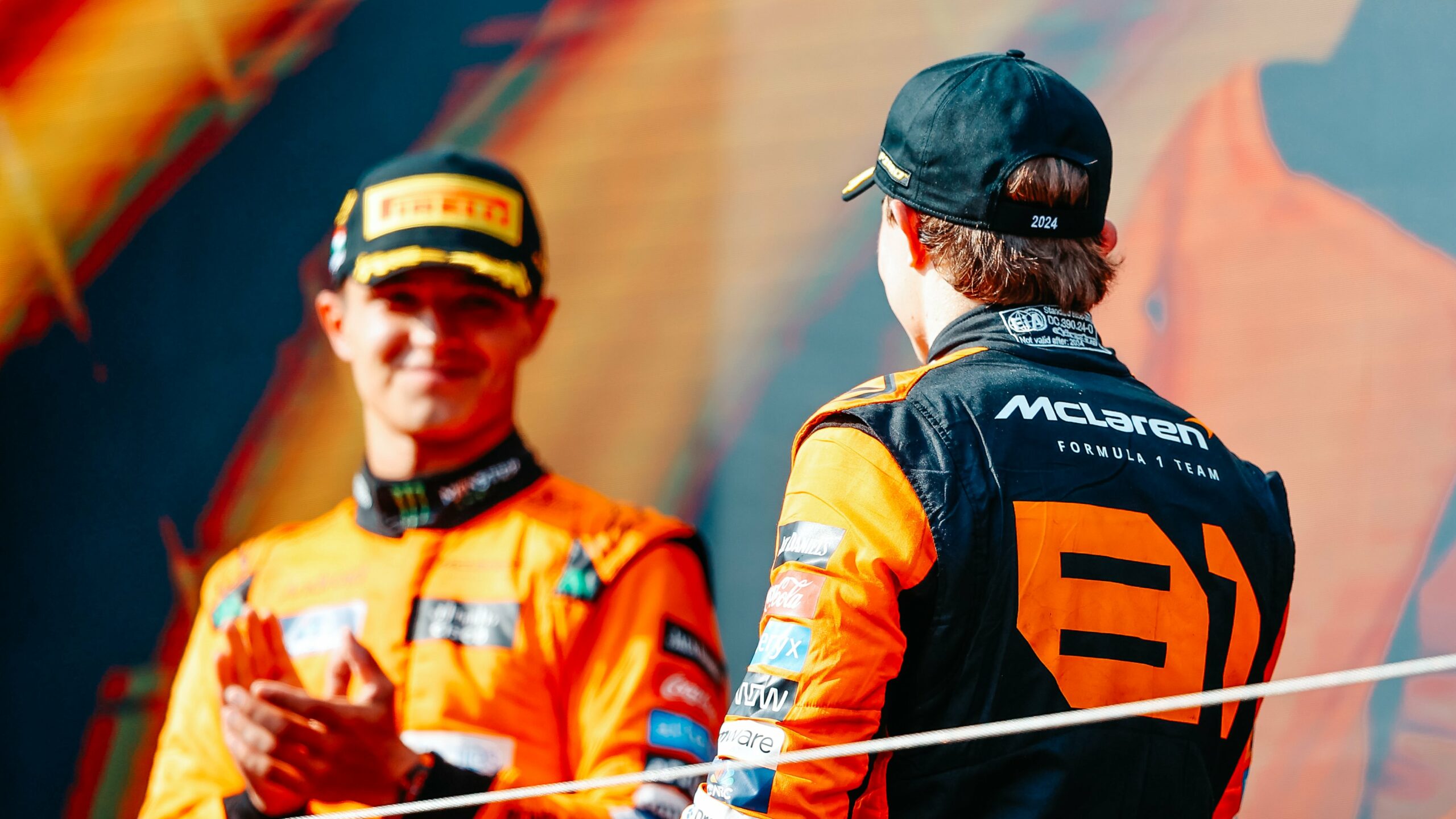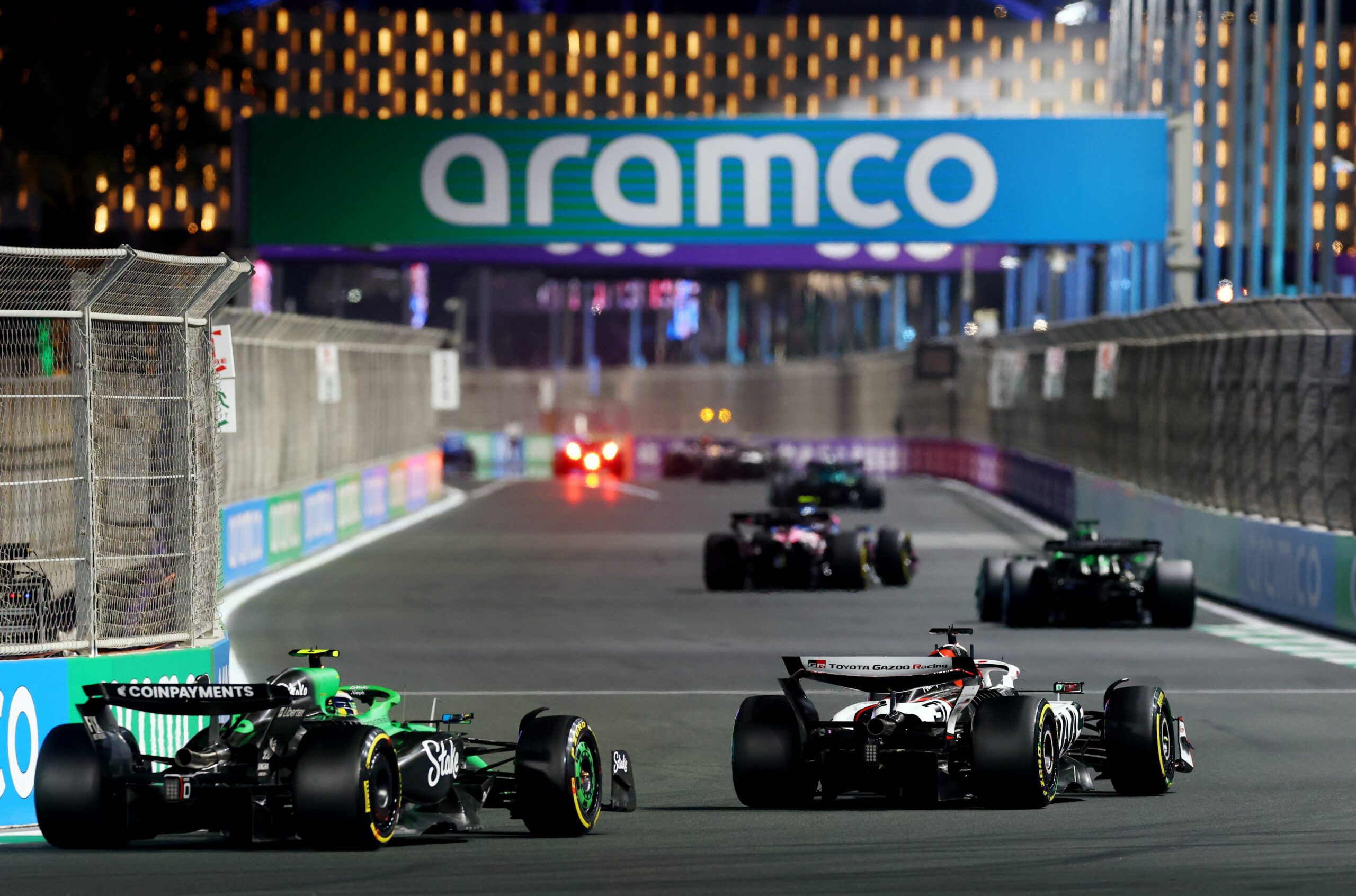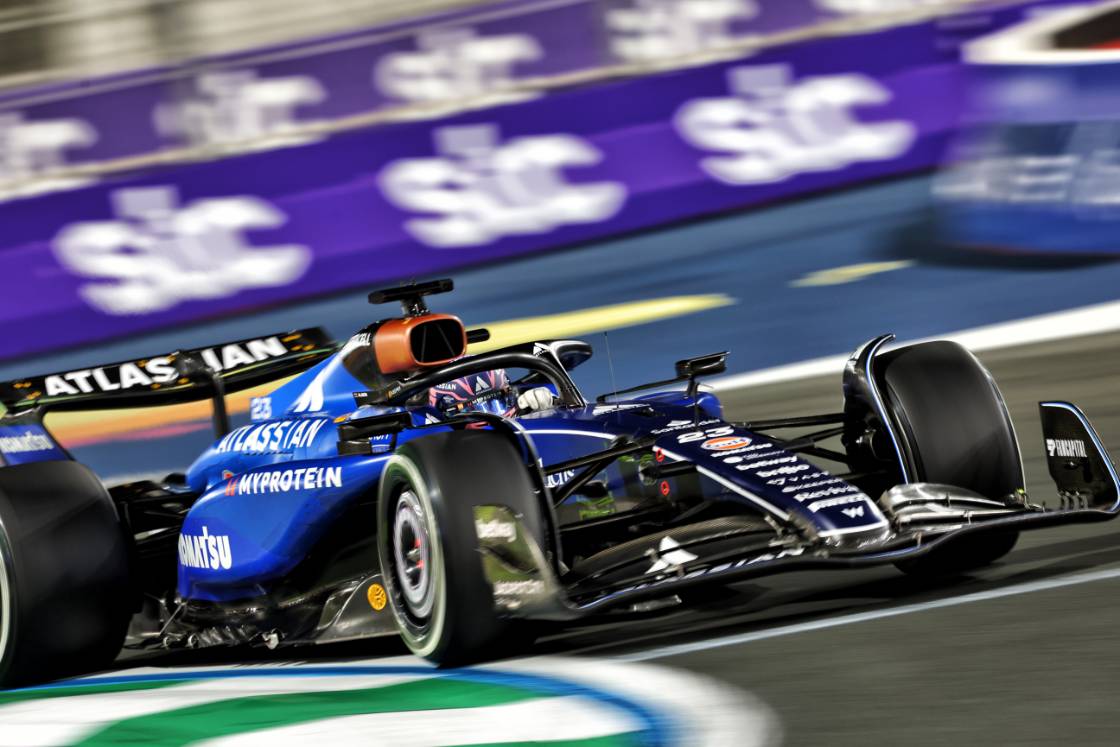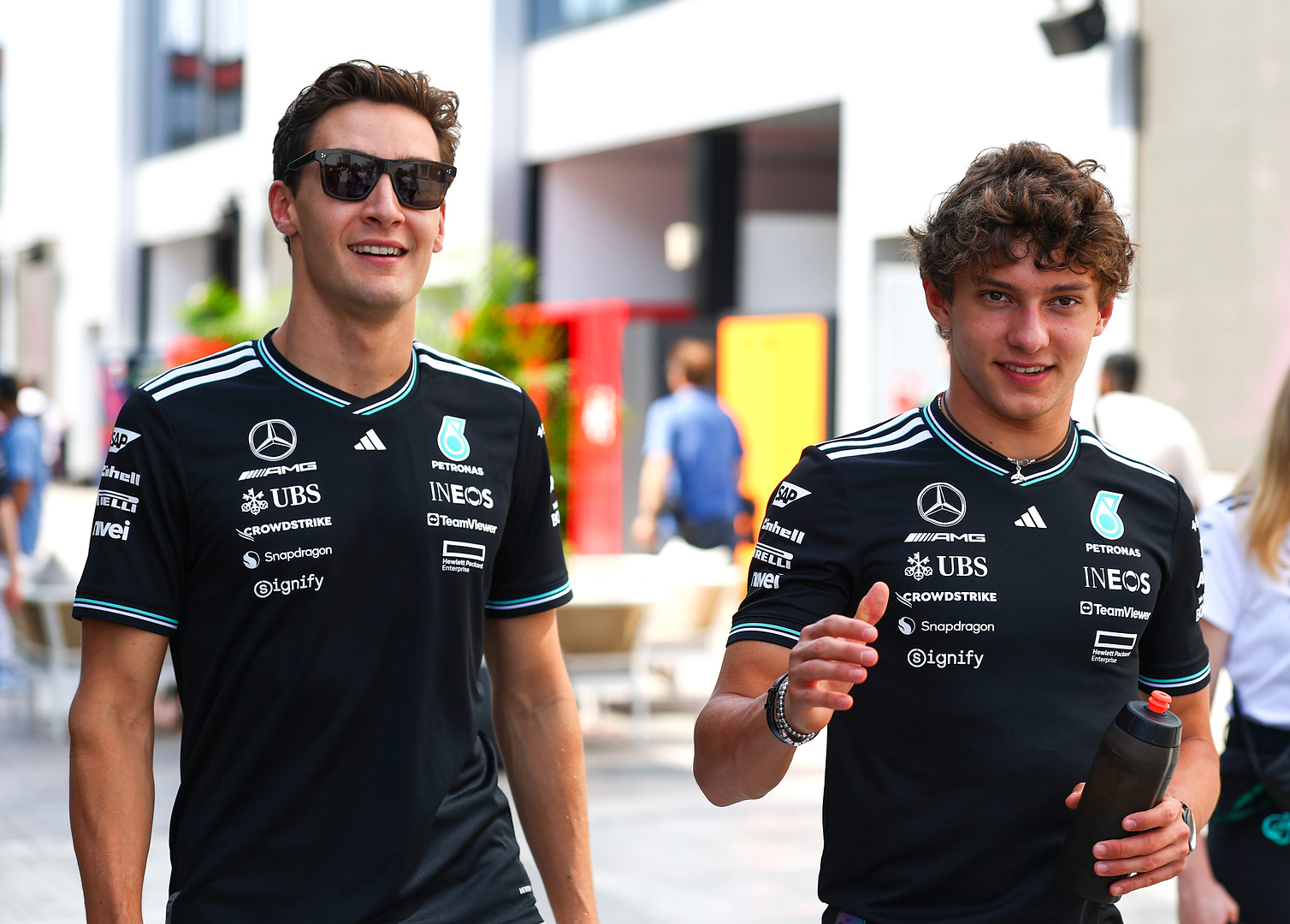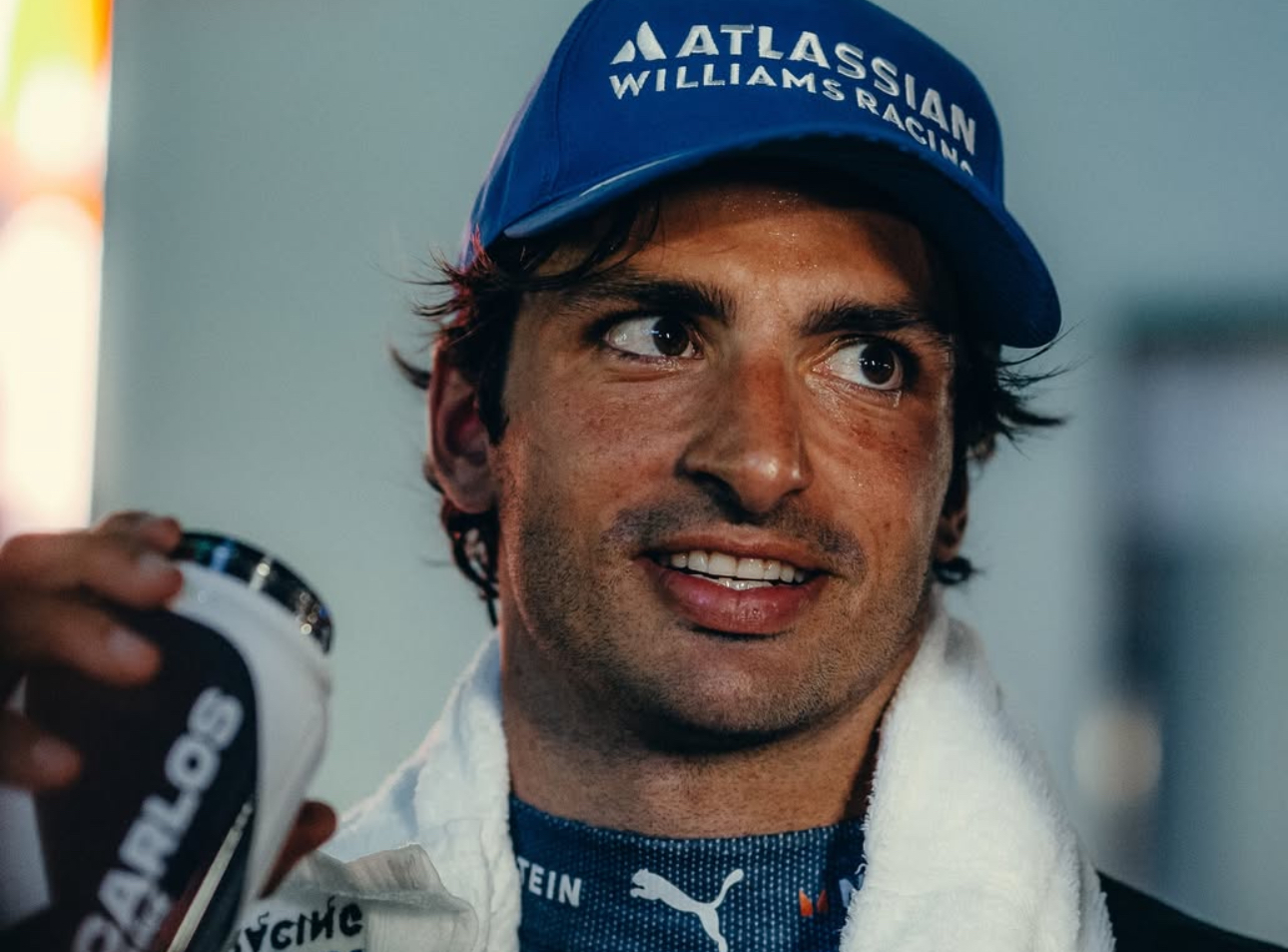McLaren team principal Andrea Stella dismissed claims Lando Norris took too long to let Oscar Piastri through in the late stages of the race, after the Australian got undercut by his team-mate in the final round of stops after leading the race since the start.
Norris reluctantly let Piastri go with just three laps of the race remaining, after an ongoing team radio row with his race engineer Will Joseph, in a back-and-forth argument that kept going throughout the final stint.
Speaking about the situation to selected media after the race, team principal Andrea Stella explained he never doubted Norris’ team spirit, and said it is expected that the Briton’s own racer instinct would conflict with McLaren’s interest which would eventually prevail:
“No,” he said when asked if he worried about Norris not giving up his lead. “I know Lando enough. I know that when you have a race driver and you deal with a race driver, sometimes you have to communicate to all the sides that exist inside a race driver. But I know enough and well enough that inside Lando we have the race driver and the team player.
“These two elements came along perfectly today to generate what was the right thing to do for the team, for Oscar and for Lando.
“So we are very happy from this point of view, you know, that there’s no race driver that is such by nature that would say, OK team, when are we going to do that? Like, you know, they always hope they are P1 in a Formula 1 Grand Prix. They hope like, oh, maybe the team will let me get it.
“But we were very clear already before the race. So it’s a situation that I think it proves, it shows and it demonstrates once again what it means to be part of the McLaren Formula 1 team. These are the values.
“Sometimes they conflict with some instinct of a race driver. But the values, the culture and the good for the team stays always the most important thing.”
Stella said the main reasoning behind Norris getting first choice was to have a cushion to a chasing Lewis Hamilton in case something went wrong in the pit stop, given the hot temperatures at the Hungaroring usually mean the teams suffer more pit stop issues than usual, as the wheel guns interact in a different way with the wheel nuts due to the heat:
“We knew that by going first with Lando that would have been the situation,” he said. “But we wouldn’t have done it if we weren’t sure that this would be fixed. I think today, because we are at the Hungaroring and because it was so hot, there were two variables that we really wanted to get right. The first one, we didn’t want to pit too early because the tyres were degrading a lot.
“And we didn’t want to run out of tyres should Verstappen become a problem at the end of the race. And therefore we just wanted to delay the pitstop as much as possible. And the second element is that you can have a problem at the pitstop.
“So you need to go safe from a pitstop point of view. You want to pit only when you have three seconds. Because then you know what happens, that all the pressure goes on the pit crew.
“And I don’t want, in a race like today, that the responsibility goes to the pit crew. I’d rather take the responsibility of the pit crew, secure the P1 and P2, and then we manage the situation between the pit crew and the drivers. Because we talk about the situation and we know how we go about the situation.
“I just did not want to have a situation at the pitstop where there’s a problem with a nut, there’s a problem with the execution that puts us behind a Mercedes or a Ferrari. We have seen with Verstappen today what can happen.”
The Italian was referring to the Dutchman’s difficulties in getting past Lewis Hamilton despite his fresher rubber at the end of the race, and said McLaren prioritised keeping track position and a 1-2 in comfortable manner to then manage the order of the two cars once the victory was sealed:
“Verstappen would have had the tyres much fresher than the guys ahead. So I think we would be talking something else if that was the case [for us], like it happened to Verstappen.
“So I know that for the media, I know that for watching on TV, this becomes a story. But for us internally, this becomes part of the way we go racing. And that’s why we invest so much in culture, in values and in the mindset. Because we want to be able to manage this situation if we want to be in the championship with Lando, with Oscar and with McLaren.”
The McLaren boss believes it is “unfair” that people keep mentioning the ongoing saga over the radio and ignore the final outcome, and stressed that McLaren’s interests will always come first even in such difficult situations:
“[Lando] demonstrated the ethos, the spirit of the race driver. But I think it would be unfair, it could be something that is entertaining to talk about somehow the controversial aspect. But it would be unfair not to talk about the resolution, right? Which happened according to our way of going racing.
“We talk about our principles going racing. One principle, just to make an example, I don’t want to discuss too much.
“But this one is simple. The interest of the team comes first. If you mess up on this matter, you cannot be part of the McLaren Formula 1 team. That’s a principle.”
One of the ways the team tried to manage the situation was trying to tell Norris to save his tyres in a more careful manner, something that has been characterized as a weakness for Piastri in his F1 career so far. But the Australian managed his rubber to perfection on Sunday’s race to take his maiden grand prix win, and Stella was full of praise for his evolution a year on from a dismal race at this very circuit due to poor tyre management:
“And today, also in judging the pace, you need to be careful because basically with these tyres today, in these conditions, you couldn’t push all the way, flat out.
“So you sort of needed to pick where you control your pace. But in fairness, I have to say that today the drivers looked very similar.
“And I would invite you to look at what happened last year where Oscar really struggled to control race pace because this gives a sense of how much he has improved in these 12 months in terms of managing tyres in a race stint and in a high degradation situation.
“Last year in Hungary was a bit of a turning point in terms of that became our main opportunity with Oscar, and there’s been a lot of good work.”

